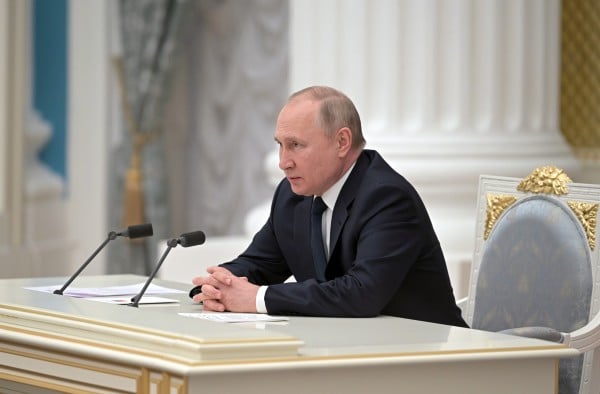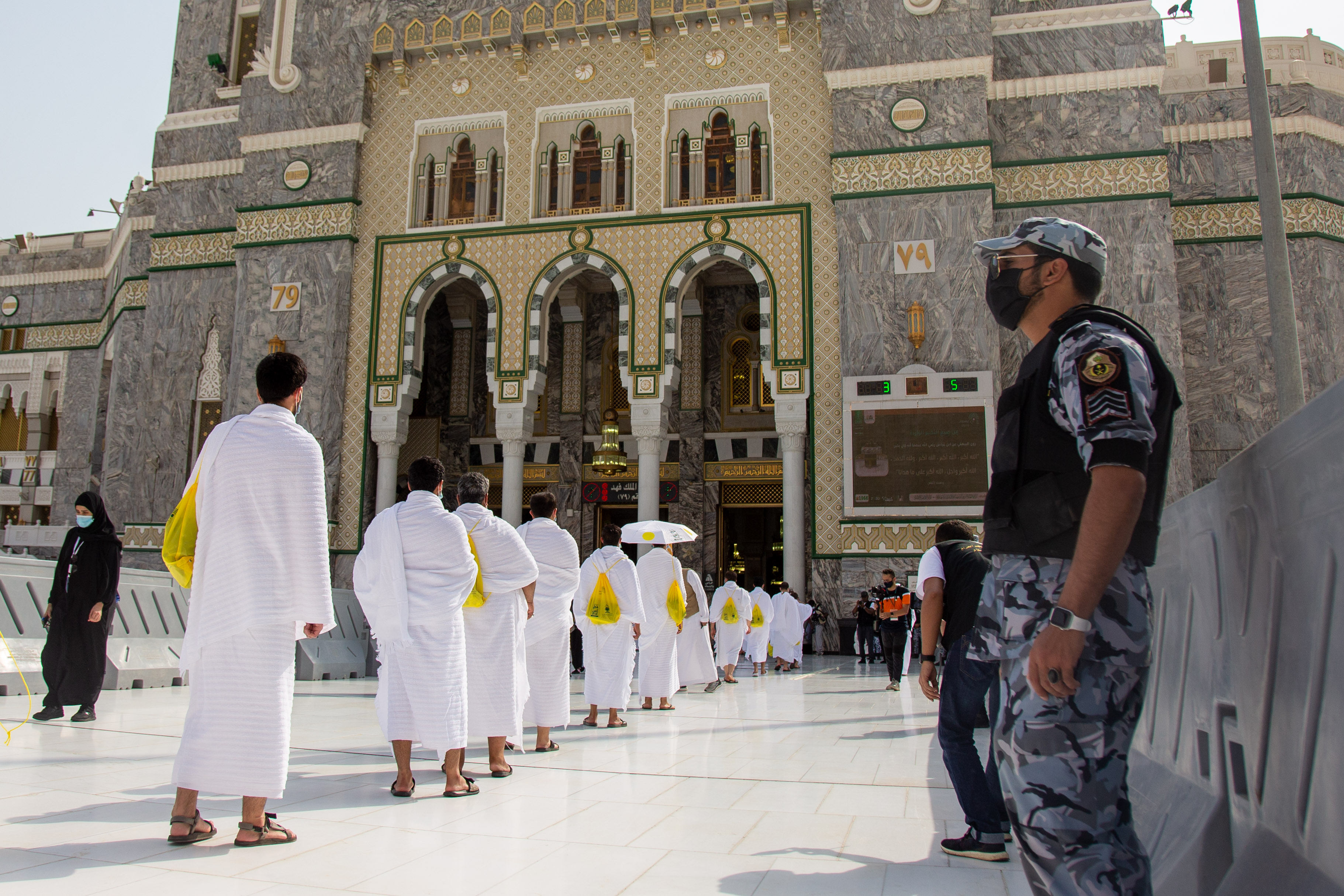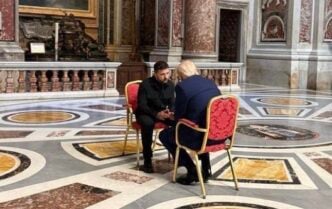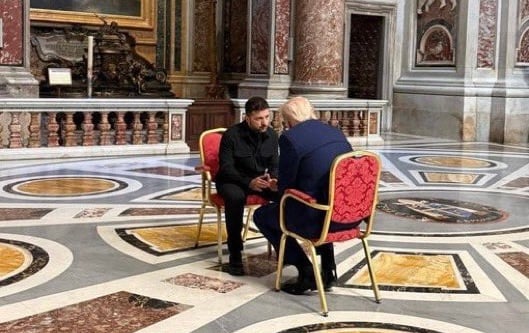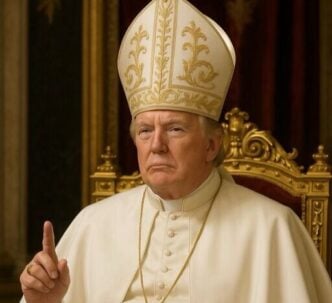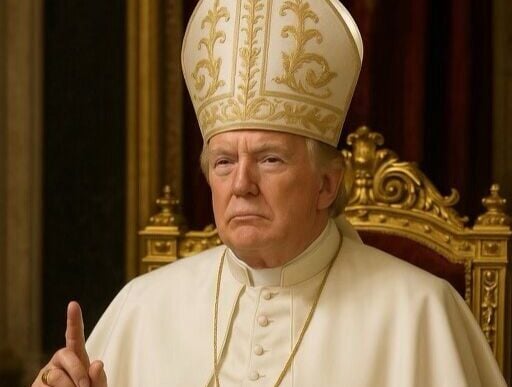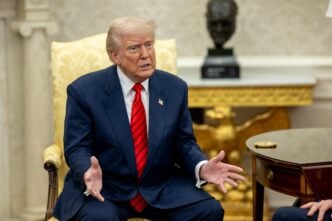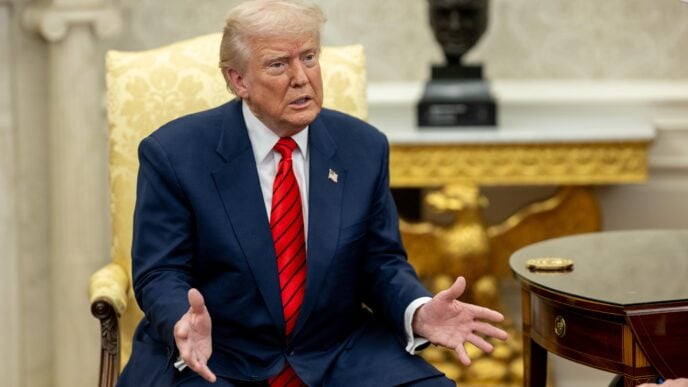Russian President Vladimir Putin says he is willing to negotiate with Ukraine without preconditions attached.
The Kremlin announced Putin’s position on Saturday, the same day US President Donald Trump held a private meeting with Volodymyr Zelensky, his Ukrainian counterpart, on the sidelines of Pope Francis’ burial.
“During yesterday’s talks with Trump’s envoy Witkoff, Vladimir Putin confirmed that the Russian side is ready to resume the negotiation process with Ukraine without preconditions,” Dmitry Peskov, Kremlin spokesman, said.
Putin’s signal to negotiate came as Trump threatened to impose sanctions on Russia, a shift from his earlier, less confrontational tone.
Advertisement
However, despite this claim of openness, Putin has historically set out several key demands related to Ukraine as part of the broader conflict context.
These demands include Russia’s control over the five Ukrainian regions it annexed, Ukraine’s renunciation of NATO membership, and its demilitarisation.
Putin views the conflict as a “hybrid war” instigated by NATO against Russia and seeks a fundamental overhaul of Europe’s security architecture, particularly concerning NATO forces near Russia’s borders.
Advertisement
Contradicting Putin’s statement on an openness to unconditional negotiations, Sergey Lavrov, Russian foreign minister, reiterated previous demands for a settlement.
“The international recognition of Crimea, Sevastopol, the DPR, the LPR, the Kherson and Zaporozhye regions as part of Russia is another imperative,” Lavrov said in an interview with the Brazilian newspaper O Globo.
“All the commitments Kiev assumes must be legally binding, contain enforcement mechanisms and be permanent,” he added.
Moscow has made no secret regarding its position on the settlement, the minister noted.
Advertisement
“Russia proceeds from the premise that Kiev’s non-accession to NATO, as well as reaffirming its neutral and non-aligned status as per the 1990 Declaration on Ukraine’s State Sovereignty – these factors form one of the two pillars for a final settlement to the Ukraine crisis that would meet Russia’s security interests,” he said.
“The second pillar consists of overcoming the legacy of the neo-Nazi regime which took power in Kiev after the February 2014 putsch, including the initiative by its perpetrators to eradicate and cancel, in both physical and legislative terms, everything Russian, be it the Russian language, media, culture, traditions, or the canonical Orthodox faith.
“Demilitarising and de-Nazifying Ukraine is also on the agenda, along with lifting sanctions, withdrawing lawsuits and cancelling arrest warrants, as well as returning Russian assets subjected to the so-called freeze in the West.”
Speaking to TASS on Monday, Peskov said a signal of Ukraine’s readiness to resume direct talks with Russia should come from Kyiv.
Advertisement
